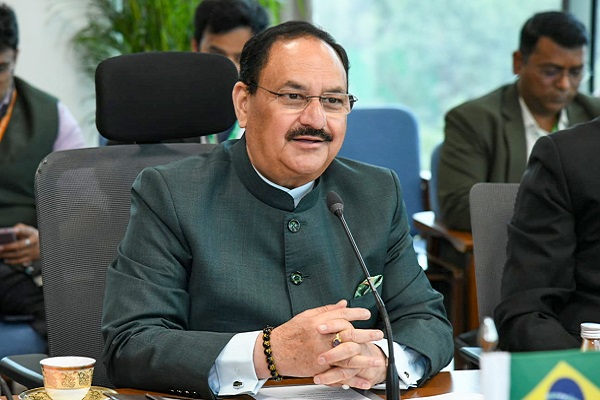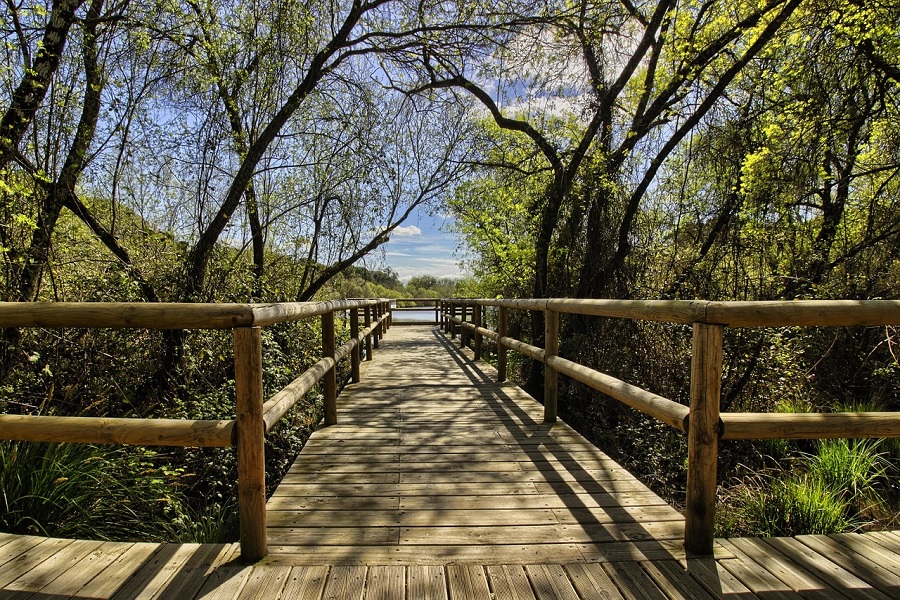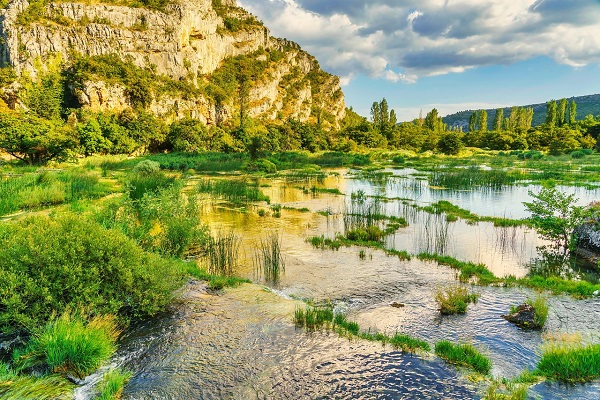Ecotourism Surges in 2025 as Travelers Prioritize Sustainability and Nature

A Global Movement Gains Momentum
From the Amazon rainforest to the Andaman Islands, ecotourism destinations are witnessing a double-digit increase in visitors. According to the International Ecotourism Society, global bookings for eco-lodges, nature reserves, and community-run conservation programs have jumped 35% year-over-year.
"People aren’t just traveling for leisure anymore—they’re traveling for purpose," explains Dr. Meenakshi Rao, an ecotourism researcher. “There’s a rising desire to give back to the Earth, protect biodiversity, and understand ecosystems firsthand.”
Leading Destinations in 2025
Costa Rica continues to top global charts with its successful balance of biodiversity and tourism, offering rainforest hikes, canopy walks, and turtle conservation programs.
India’s Northeast—states like Sikkim and Meghalaya—are gaining attention for their pristine landscapes, eco-friendly homestays, and sustainable agriculture tourism.
New Zealand and Norway are attracting adventure ecotourists with glacier walks, fjord cruises, and wildlife-spotting tours guided by indigenous experts.
Kenya and Tanzania are integrating wildlife safaris with eco-lodges that fund community conservation and anti-poaching initiatives.
Experiences Rooted in Conservation
Modern ecotourism is not just about avoiding plastic or staying in a bamboo hut. It’s about full-circle sustainability. Popular experiences include:
Voluntourism: Travelers contributing to coral reef restoration, wildlife research, or afforestation projects.
Eco Trails & Birding Tours: Guided by local naturalists who promote conservation through education.
Farm-to-Table Experiences: Organic stays where guests learn about permaculture, composting, and zero-waste lifestyles.
Carbon Neutral Travel Packages: Agencies now offer carbon-offset options integrated into the itinerary.
The Role of Local Communities
The rise of ecotourism is also reshaping the tourism economy by shifting power to indigenous and rural communities. Locally owned eco-lodges, nature guides, and cultural exchanges help preserve not only ecosystems but traditions.
“We’ve seen entire villages revived through sustainable tourism,” says Amit Sharma, founder of Green Trails India. “It’s creating jobs, reducing migration, and turning locals into custodians of their environment.”
Tech for a Greener Tomorrow
Tech is also empowering ecotourism—eco-booking apps, real-time wildlife tracking, solar-powered accommodation, and digital forest trails are part of the next-gen green travel experience. Blockchain is being explored to track ecological impact, while AI-based translators are aiding better cross-cultural understanding.
Final Thought:
In 2025, travel is becoming more intentional. Ecotourism isn’t just a niche—it’s a necessary evolution of the way we explore the world. From misty mountains and wild rivers to the quiet wisdom of tribal communities, ecotourism invites travelers to not just see the world, but help save it.






















